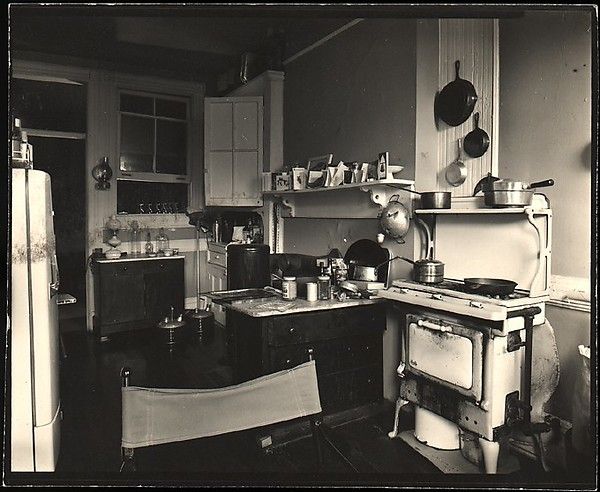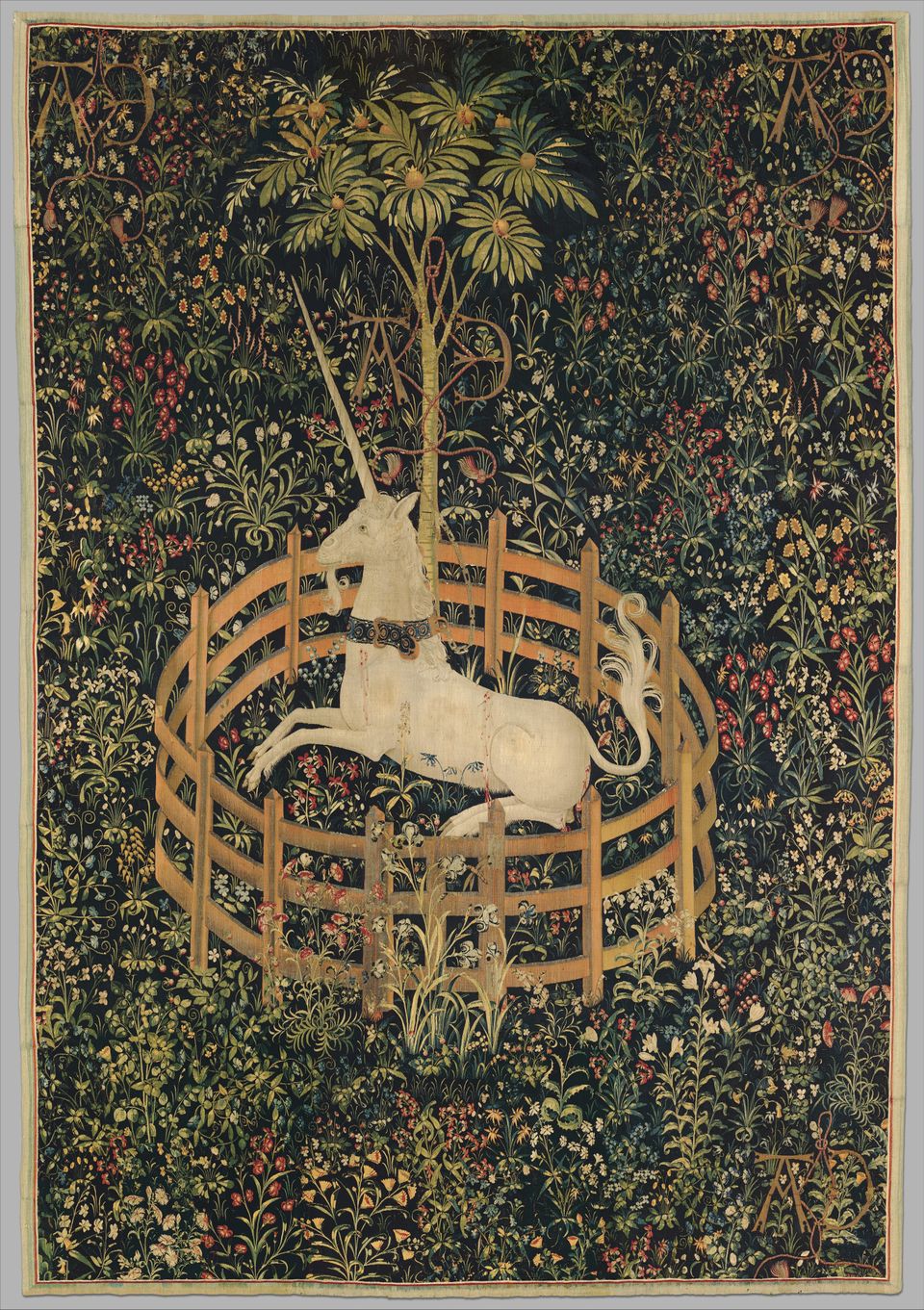On the table, the man cleans a gun.
A boy aside—pajamas and a ragged rabbit,
stuffed and sewn button eyes.
The boy begins to cry, though he can’t name
a reason yet. The man hands the boy
a cloth and swabs and oil can. Grunts instruction.
This kind of man cuts away all color
from his life, restrained fever in monochrome,
blind to all his accidents.
This kind of boy falls less in love
With what can be imagined. His clothes grow
smaller every day, slinking off his frame.
The double-barrel’s obtuse ends,
the laid out elements—all lead-ready, clean.
And from here things move fast.
Shriek of metal on metal, a clack together.
The man’s voice a trigger squeezed, the boy’s desire
something like a dove. A hammer and a shell.
Now past the clumsiness of destiny
and onto brighter things: swilled chirps
of crickets in the field, under summer stars,
gloved and silken silhouettes, overgrown grass
popping seed. What noises shape our small sobriety?
Strung serendipities no one can explain.
- Featured Image:
Interior View of Walker Evans’s Apartment at 441 East 92nd Street Showing Kitchen Area, New York City
Artist: Walker Evans (American, St. Louis, Missouri 1903–1975 New Haven, Connecticut)Date: 1930s–50sMedium: Gelatin silver printDimensions: 9.5 x 12.1 cm (3 3/4 x 4 3/4 in. )Classification: PhotographsCredit Line: Purchase, The Horace W. Goldsmith Foundation Gift, through Joyce and Robert Menschel, 1996Accession Number: 1996.166.48Rights and Reproduction: © Walker Evans Archive, The Metropolitan Museum of Art




